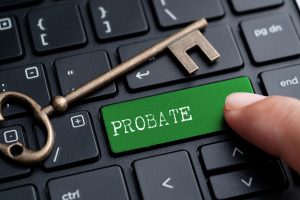 Estate planning in New York has always been important. The New York Probate Lawyer Blog has published numerous articles over the years discussing the need for, and issues involved with, a Last Will, Living Will, Health Care Proxy, Power of Attorney and Living Trust.
Estate planning in New York has always been important. The New York Probate Lawyer Blog has published numerous articles over the years discussing the need for, and issues involved with, a Last Will, Living Will, Health Care Proxy, Power of Attorney and Living Trust.
However, as estate planning lawyers are aware, concerns about estate taxes have largely taken a back seat. This is because during recent years, the exemption levels for incurring estate tax liability have been quite high. Thus, most estates do not need to worry about New York State and Federal estate tax. During 2021 the Federal estate and gift tax exclusion is $11.7 Million per individual. As a result, a married couple could pass $23.4 Million without fear of any tax. On the State level, New York provides an exemption of $5,930,000.00 per individual. Also, there is no New York gift tax. When these amounts are coupled with an unlimited deduction for transfers between spouses, there are relatively few estates where estate tax issues may be encountered.
With the advent of the new administration in Washington, D.C., there is renewed consideration by some lawmakers of overall tax increases. This includes reducing the Federal exemption limits and raising taxable estate rates. While the specifics of what new laws will be enacted are unknown, the imposition of increased taxes typically results in new models for planning to diminish the effect of potential tax increases. The use of marital deduction trusts, insurance trusts, transfers of interests in small businesses and other gift structures all may gain renewed popularity.
 New York Probate Lawyer Blog
New York Probate Lawyer Blog











